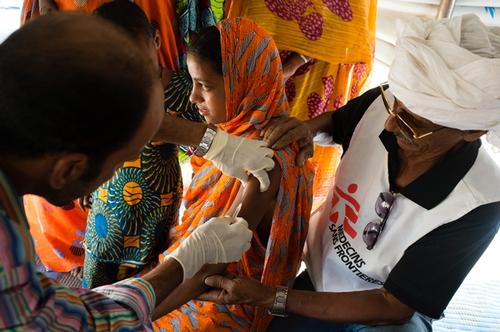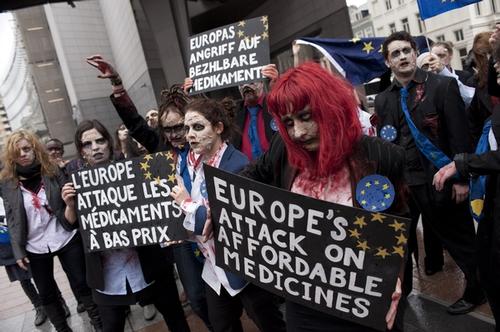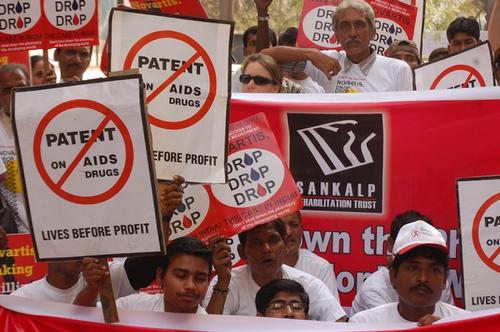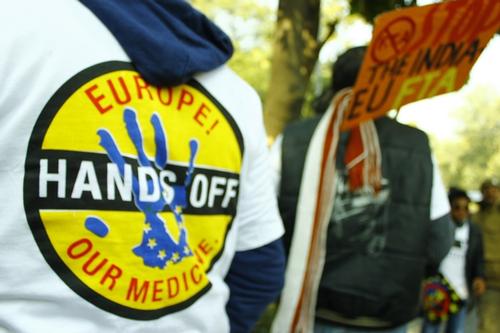During the 1990s, MSF teams made a bitter observation: we were failing to treat some of our patients suffering from infectious diseases, while in developed countries, remarkable progress was being made in the field of health. Two decades on, medicines in developing countries are still either too expensive, aren't suitable to be used in many of the contexts in which we work (for example, in hot, humid conditions or where there's a lack of electricity), or simply don't exist for the diseases we need to treat.
In 1999, we launched the Campaign for Access to Essential Medicines, now known as the Access Campaign. Its mission focuses on three areas: overcoming barriers to access to essential medicines, stimulating research and development for neglected diseases, promoting health exceptions to global trade agreements.
In 2003, MSF joined several research institutes, including the Institut Pasteur, to create the Drugs for Neglected Diseases initiative (DNDi), a non-profit research and development organisation engaged in research and development of new treatments for neglected diseases.

DNDi at ten: past success, future challenges

Global vaccines community must cut costs of new vaccines

Patent Opposition Database

EU-India free trade deal puts millions of lives at risk

Indian supreme court delivers verdict in Novartis case

Under pressure from Europe to sign off on trade deal that will harm access to medicines

65,000 children vaccinated against measles despite access difficulties

'Decade of Vaccines' blueprint ignores high vaccine prices and lacks ambition








